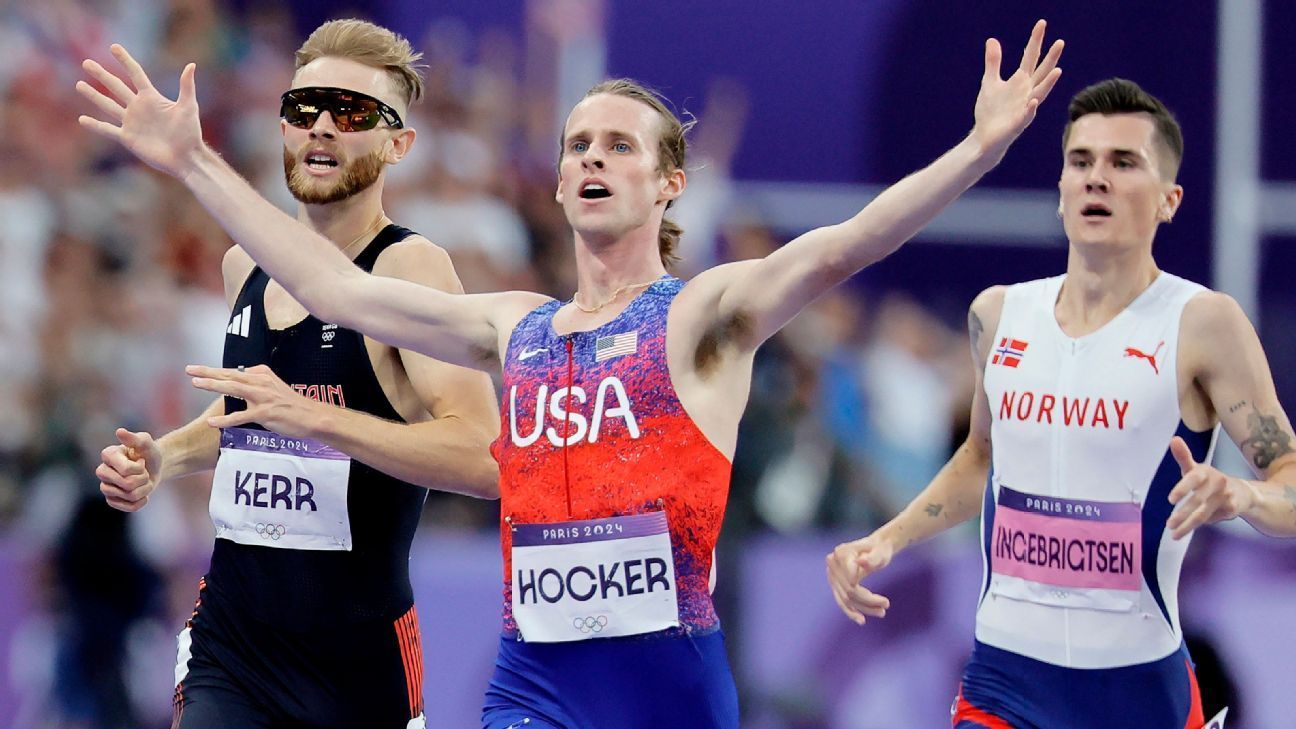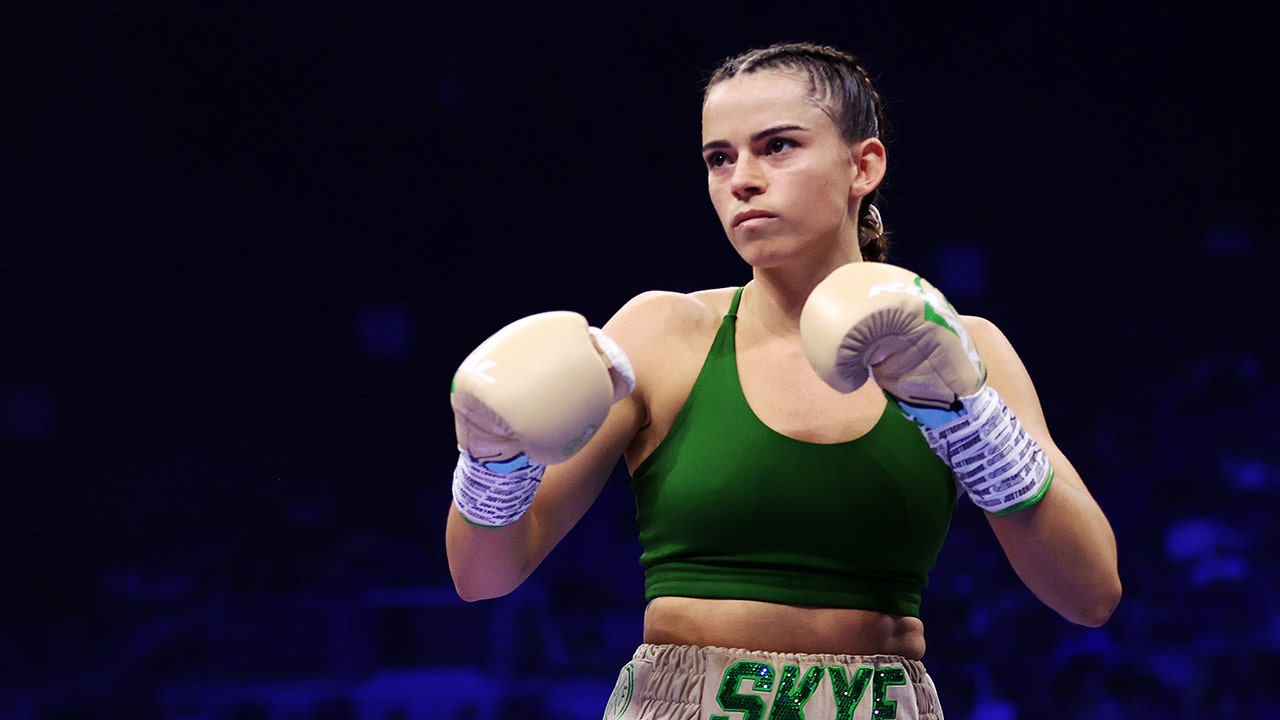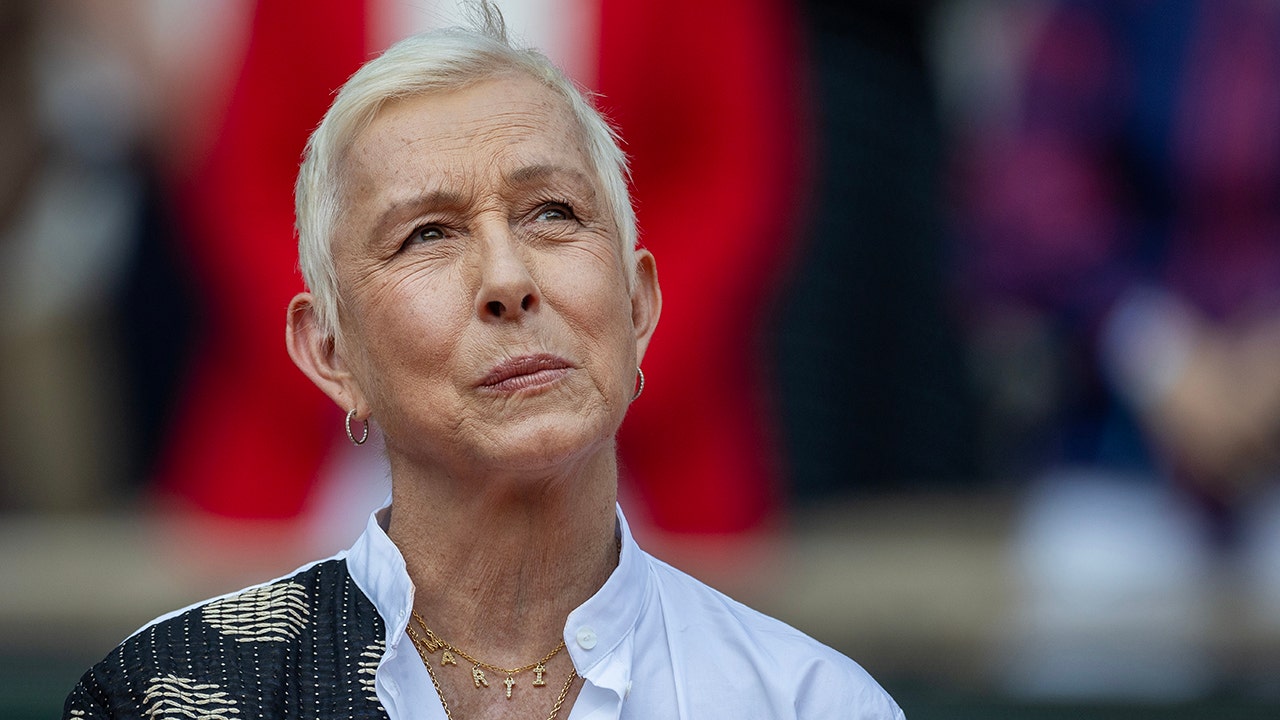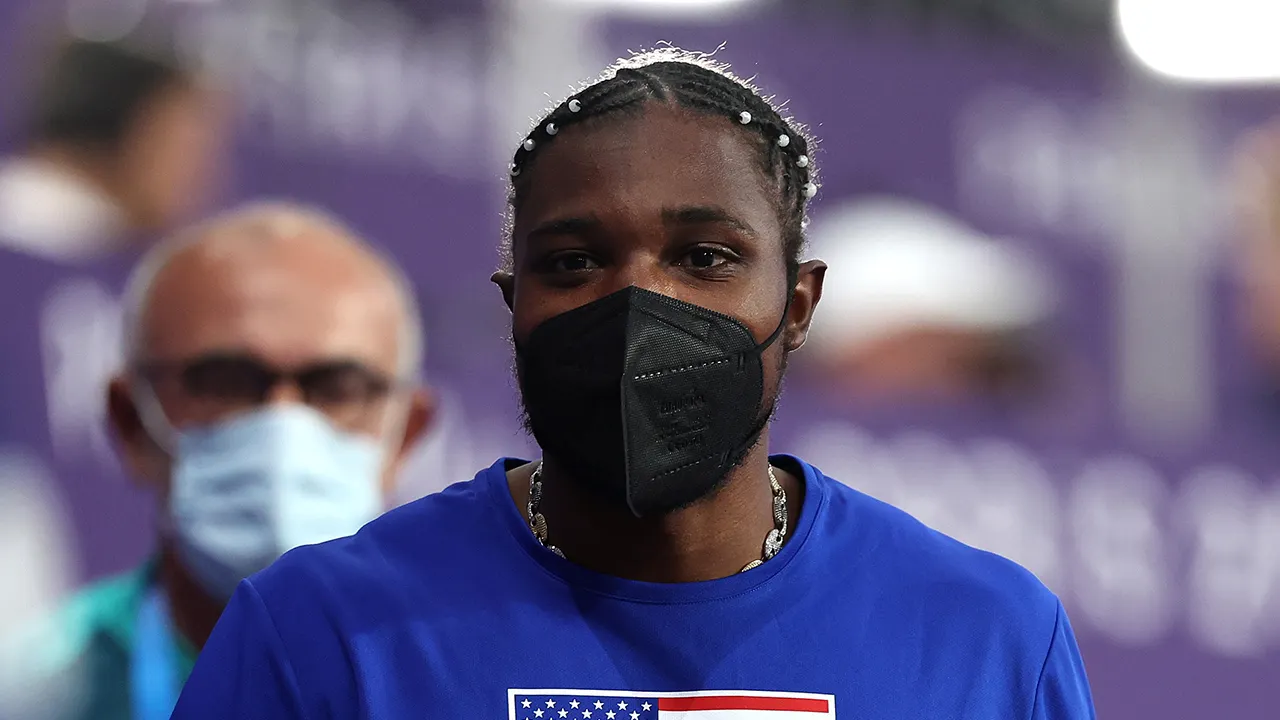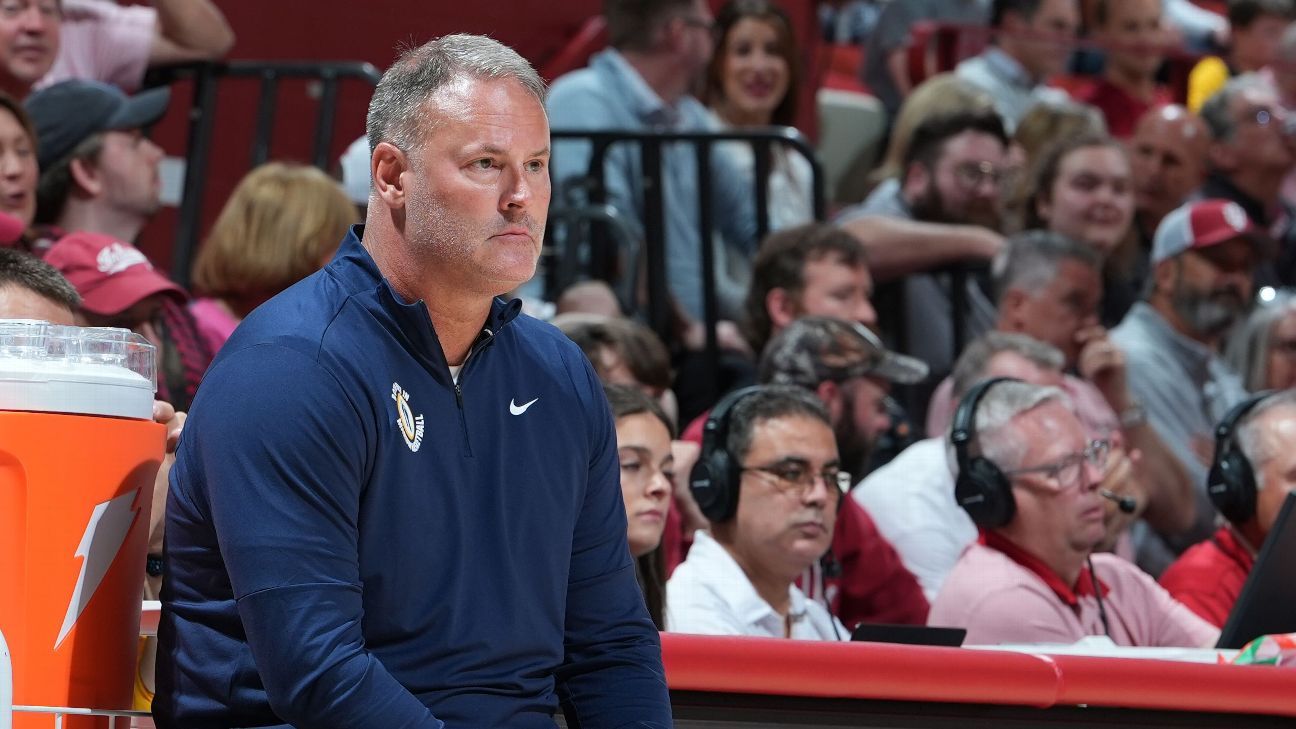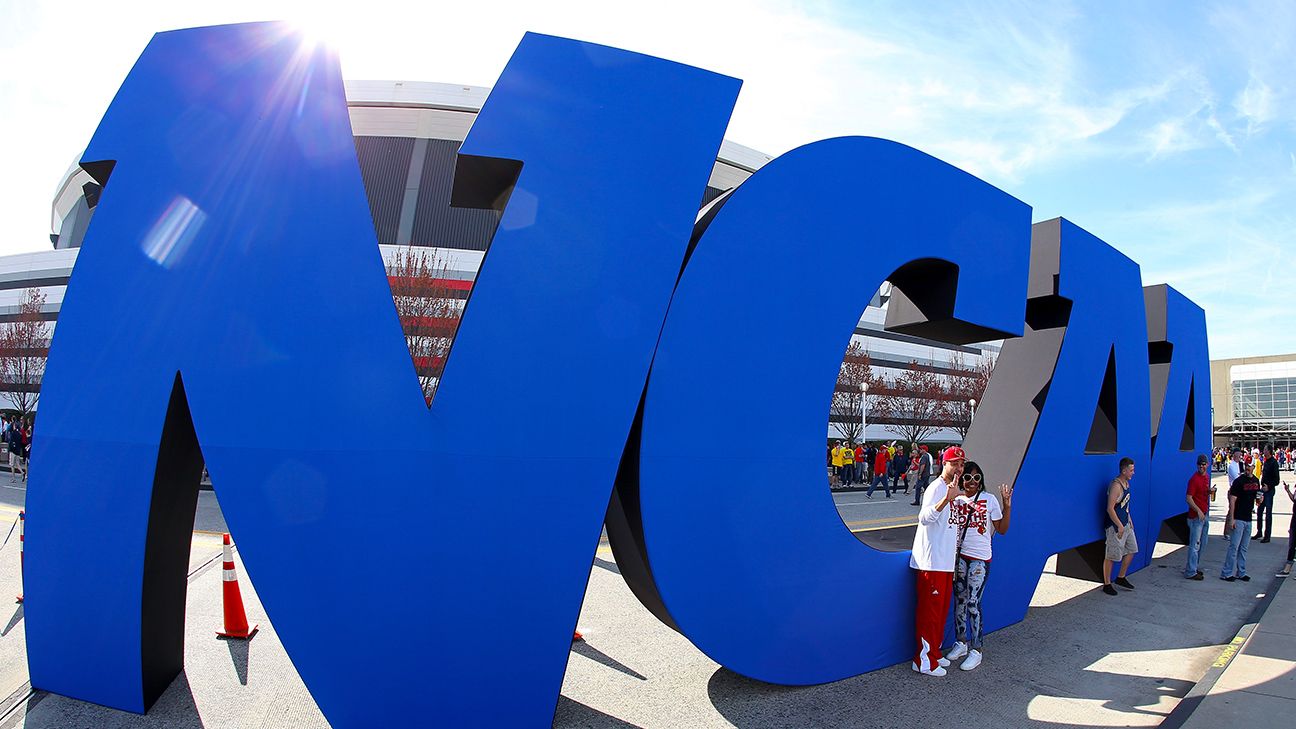SAINT-DENIS, France — The pre-race predictions foretold a “race for the ages,” a men's Olympic 1,500-meter final that would settle personal scores. After months of jeers and taunting, of mind games and conflicting egos, it was time for the showdown between Britain's Josh Kerr and Norway's Jakob Ingebrigtsen.
It was a preparation that boxing promoters would be proud of. A clash of heavyweights: the current world champion against the current Olympic champion. One in red, one in blue. The question was: who would deliver the knockout blow?
They fought hard from the start. The pair were put to the test: Ingebrigtsen led from the front and Kerr was hot on her heels. It was only near the end, when they had weathered each other’s blows and fought the urge to fall, that their bodies finally gave way. First it was Ingebrigtsen, who collapsed 100 metres from the finish. Then it was Kerr, who lost his speed when he needed it most; he, too, had peaked before the finish line.
This allowed a third competitor to take the spoils. Just 20 metres from the finish line, American Cole Hocker overtook them unscathed and relatively unknown.
The 23-year-old from Indianapolis had shown grit to stay with the leaders, and when it came to the final moments he used his speed to pull off one of the biggest upsets of these Paris Games.
“I told myself that I was in this race, too,” Hocker said later. “If they let me slip through the cracks, so be it. I think that might have been for the best.”
The 1,500m is not like the 100m, where athletes try to set a time and hope that no one can match it. The 1,500m is more tactical and chess-like. It's about observing the rest of the field, gauging your level and knowing when to make your move. That's what made the preparation even more fascinating.
Ingebrigtsen had already suffered the consequences of Kerr's tactics before. The dispute began at last year's World Championships, where the Norwegian led from the start but failed to set the pace high enough, allowing Kerr to catch up and overtake him in the final corner. The only time the two have raced since, Kerr performed the opposite routine, leading from the front and keeping Ingebrigtsen behind him even to the finish line.
On Tuesday, Ingebrigtsen decided he would not let Kerr dominate him again. Ingebrigtsen would dare to set a pace that no one could match. But he miscalculated. “I started with a 54-second lap,” Ingebrigtsen said. “That was not the plan at all.” The Norwegian was running so fast on the first lap that he even beat Hicham El Guerrouj's 1998 world record.
“It was at least two seconds too fast,” Ingebrigtsen said.
Ingebrigtsen wanted to back off, lean on the ropes and take a breather. Her problem was that she looked back and saw Kerr. The Briton was on her shoulder; he wouldn't leave Ingebrigtsen alone.
“It was about getting into deep water as quickly as possible and seeing who could survive,” Kerr said.
And so, both men dared to run faster than ever before. Their arms pumped and their feet pounded as they raced down the track. The rest of the pack dared to follow, too. In the end, seven of the 12 runners set personal bests. Four of them were national records. If this were a boxing match, it would be Hagler versus Hearns. It was all about going full speed and hoping to be left standing at the end.
But something had to happen, and it did with less than 200 metres to go. Ingebrigtsen began to slow down and suddenly regretted it. “I ruined everything by going too fast,” she said later.
Kerr looked set to win gold, to strut his stuff, to claim glory. He fired through the turn and spun toward the finish, but his speed began to slow, too.
This allowed Hocker to open up a space on the inside and he didn't need a second invitation to break the script. “It may be a surprise to a lot of people, but if you've been following my season, you know I'm capable of doing it,” Hocker said.
Hocker has long been known for his speed at the finish. The runner knew he had to play that last card, but after such a fast race, it seemed unlikely he could still pull it off.
The result of the race surprised apparently everyone; well, everyone except Hocker.
“Winning gold was my goal all year,” he said. “I wrote it down and kept telling myself that even though I didn't believe it. My performances showed me that I was capable of running 3:27, no matter what. I knew I was a medal contender and I knew that if I did well, it would be a gold medal. I've been saying that.”
So it was Ingebrigtsen and Kerr who were wrong.
The Norwegian was the fighter who was left lying on the canvas, finishing fourth without a medal.
“My team always says 'because you have a big mouth and you're the one to beat, you're the underdog in competitions,'” Ingebrigtsen said on Instagram. “Today, Cole Hocker, Yared Nuguse and Josh Kerr outsmarted me.”
Kerr took silver, though he barely edged out bronze medalist Nuguse of the U.S. team.
Meanwhile, Hocker took the gold. The fighter who saw the opportunity and delivered the knockout blow.
“Personally, it can be nice to be in the background,” Hocker said. “I feel like I took advantage of it.”

